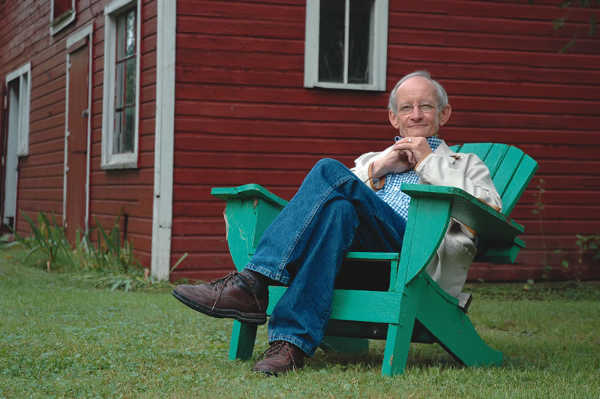Arts & Life
LAKEPORT, Calif. – Due to COVID-19 virus concerns, the Lake County Symphony Association has announced the cancellation of this year’s Mother’s Day concert as well as the LCSA Home Wine and Beer Makers’ Festival, scheduled for June 20.
LCSA President Ed Bublitz said the action was necessary in order to comply with current health and safety regulations in California.
LCSA members and others who purchased tickets should have already received information about refunds or replacement options for the canceled concert.
Remaining concerts scheduled for this year – the August Baroque Concert, November Fall Concert and December Holiday Concert – are expected to take place pending approval by public health officials.
LCSA President Ed Bublitz said the action was necessary in order to comply with current health and safety regulations in California.
LCSA members and others who purchased tickets should have already received information about refunds or replacement options for the canceled concert.
Remaining concerts scheduled for this year – the August Baroque Concert, November Fall Concert and December Holiday Concert – are expected to take place pending approval by public health officials.
- Details
- Written by: Lake County News Reports

I'm writing this column on a summer day when a hungry crowd of Monarch butterfly caterpillars are eating the upper leaves of the milkweed just outside my door in Nebraska, and my wife and I are joyful that they're getting a good start at life.
The following poem is from Stuart Kestenbaum's new book, “How to Start Over,” from Deerbrook Editions. He lives in Maine and is the state's Poet Laureate.
Joy
The asters shake from stem to flower
waiting for the monarchs to alight.
Every butterfly knows that the end
is different from the beginning
and that it is always a part
of a longer story, in which we are always
transformed. When it's time to fly,
you know how, just the way you knew
how to breathe, just the way the air
knew to find its way into your lungs,
the way the geese know when to depart,
the way their wings know how to
speak to the wind, a partnership of feather
and glide, lifting into the blue dream.
American Life in Poetry does not accept unsolicited manuscripts. It is made possible by The Poetry Foundation, publisher of Poetry magazine. It is also supported by the Department of English at the University of Nebraska, Lincoln. Poem copyright ©2019 by Stuart Kestenbaum, "Joy," from How to Start Over, (Deerborn Editions, 2019). Poem reprinted by permission of Stuart Kestenbaum and the publisher. Introduction copyright @2020 by The Poetry Foundation. The introduction’s author, Ted Kooser, served as United States Poet Laureate Consultant in Poetry to the Library of Congress from 2004-2006.
- Details
- Written by: Ted Kooser

 How to resolve AdBlock issue?
How to resolve AdBlock issue? 



